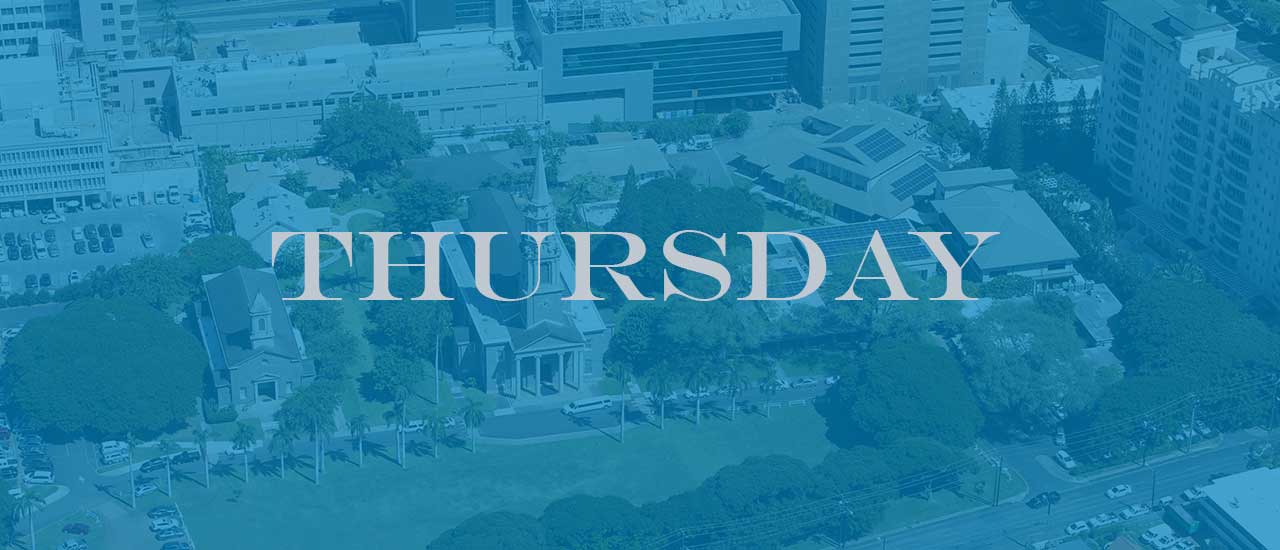Today we conclude our reflection on the call of Saul. Before Paul was the Apostle to the Gentiles, he was Saul, the harasser of the church. If you haven’t read the story yet then I encourage you to take a few minutes and read Acts 9:1-20
“So Ananias went and entered the house. He laid his hands on Saul and said, ‘Brother Saul, the Lord Jesus, who appeared to you on your way here, has sent me so that you may regain your sight and be filled with the Holy Spirit.’
And immediately something like scales fell from his eyes, and his sight was restored. Then he got up and was baptized, and after taking some food, he regained his strength. For several days he was with the disciples in Damascus…” – Acts 9:17-19
God was clear, Ananias was to go see Saul. Ananias knew Saul’s reputation as a man who had “done evil to the saints in Jerusalem.” Saul was well known to be no friend of the early church. Yet, Ananias trusted God and obeyed God’s call.
Upon arriving at the house where Saul was staying Ananias greeted him saying, “Brother Saul.” This is astonishing. Ananias didn’t address him as “Saul the persecutor” or as “Saul the evil doer.” It is possible that Ananias knew some of the people that Saul had tormented. The community of Christ followers would have been relatively small and would have been linked through friends and family. Imagine the heart Ananias carried with him as he traveled to see Saul. At the very least, Ananias had reason to be concerned for his safety and the safety of his community. And it’s very possible that mixed in with that fear was anger at the persecution Christians faced in Jerusalem. When he arrived to see Saul, it would have been understandable for him to greet Saul through gritted teeth. But he doesn’t. Ananias calls to him saying, “Brother Saul.”
At this point in the story Saul has done nothing to warrant such affection or familiarity. Saul was not yet part of the Christian community. Everything Saul has done would classify him as Ananias’ enemy but that is not how Ananias treats him. Ananias treats Saul not according to Saul’s deeds but according to God’s grace. Ananias calls him brother because that is what he hopes Saul will become. I believe there is a bond that holds humanity together that can withstand our acts of callous inhumanity. I believe this bond was created when Holy Trinity created us in the image of God. I believe Ananias is calling upon this bond when he dares to name the persecutor of the church, his brother. Saul is not his brother because of his actions or because of his beliefs. Saul is his brother because God has a vision for the world that unites creation.
It has been said that Abraham Lincoln was criticized by a Northerner for being too lenient to the South and not destroying his enemies. The story goes that the president responded to the criticism by saying, “Am I not destroying an enemy when I make a friend of him?”
With a single word Ananias shows us the transformative power that can be ours when we treat others according to God’s great grace rather than according to their worst deed. Let us treat one another with the hope that within others is the ability to receive grace and rise renewed.






